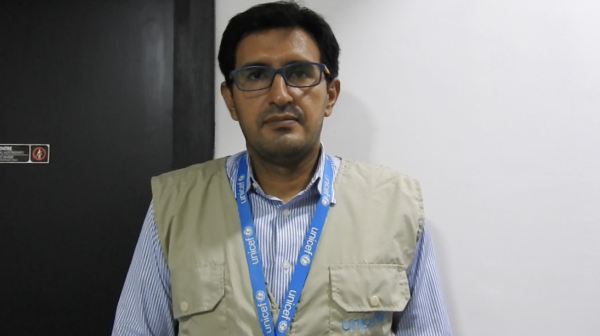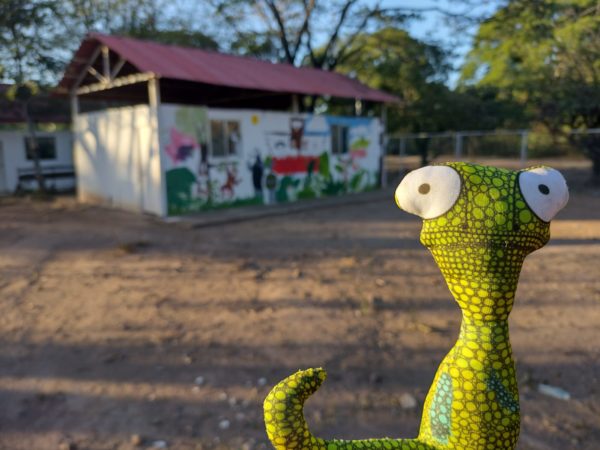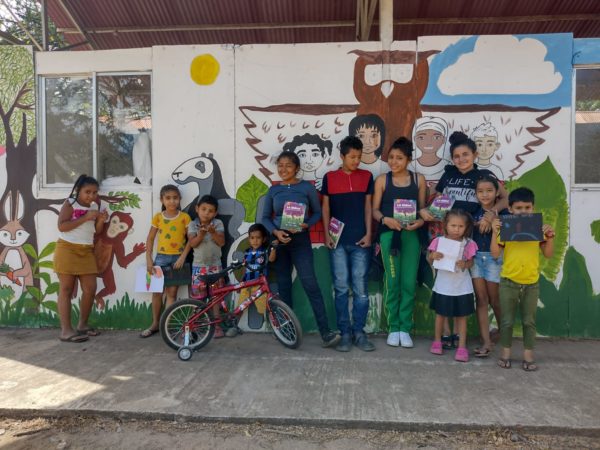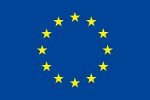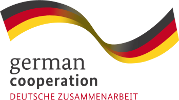“Norte de Santander is a region that is doubly affected: by migration and armed conflict. This generates emotional tensions that are reflected in the classrooms and that affect the work of teachers and teaching directors. For this reason, counting on La Aldea is providing them with a useful, easy and fun tool that allows them to bring emotionally healthy discussions to the classroom, and also be able to involve families in some class content.
La Aldea has been very well received in all the educational institutions where we have worked in Cúcuta and other municipalities in the metropolitan area. For this reason, we also evaluated the possibility of focusing La Aldea on educational institutions where the children have suffered from displacement; either their families, the boys and girls themselves or some displacement nearby.
Regarding training, La Aldea offers teachers a very friendly guidance; the sessions are close and pleasant conversational encounters for them. And this is felt even from the name of the training sessions: “A coffee with La Aldea”. They are spaces where teachers open up emotionally; socio-emotional aspects are worked on so that they can then work on them in the classroom with the students.
In addition, students will receive material that they don’t often see. Especially in the case of rural classrooms… These libraries are not as well equipped as in urban area. This is a very good quality material that reaches both children in rural areas and children in urban areas. It also has some very striking features: it has stickers, it has a poster, a separator, a cardboard paw so that boys and girls can ask permission to speak, and these things are very attractive. If they allow students to feel that the book is not just study material, but also play material, then they bond favorably with it and that allows them to make it part of their lives”.
Interview with Jorge Rangel
UNICEF Education in Emergencies Professional


